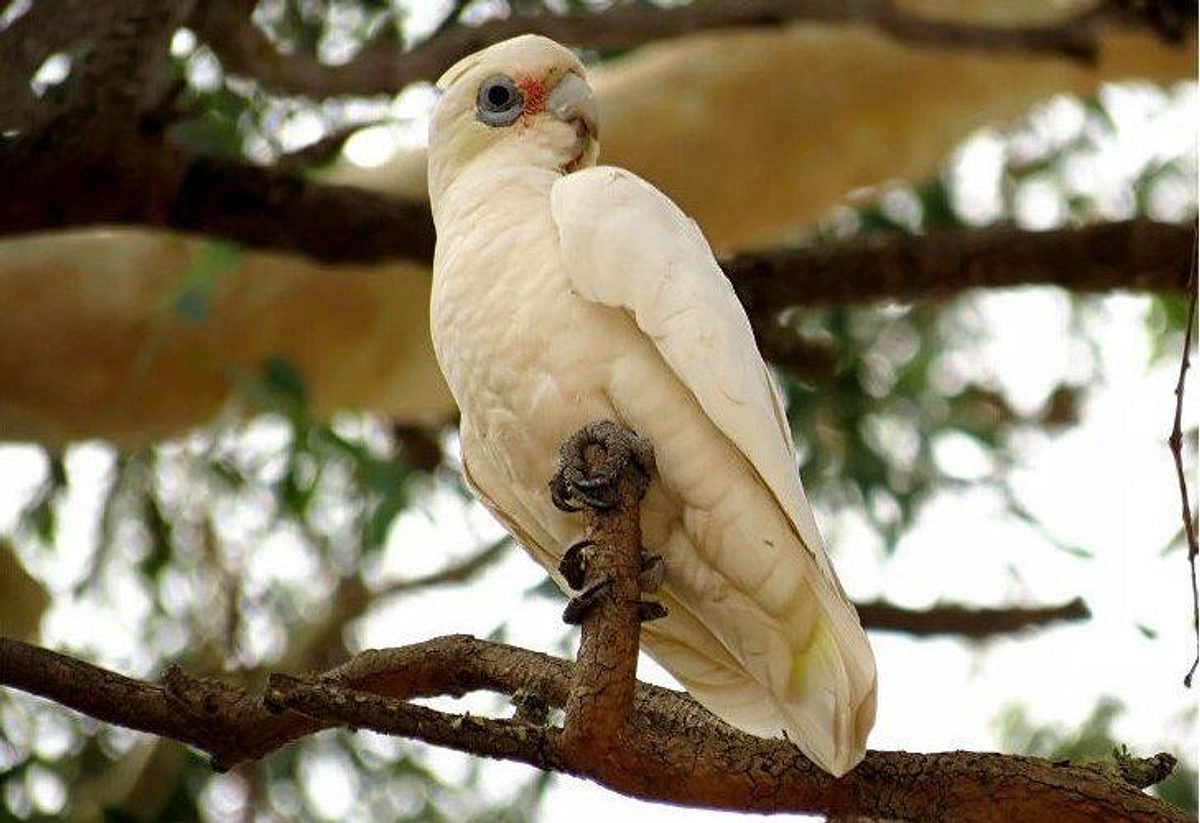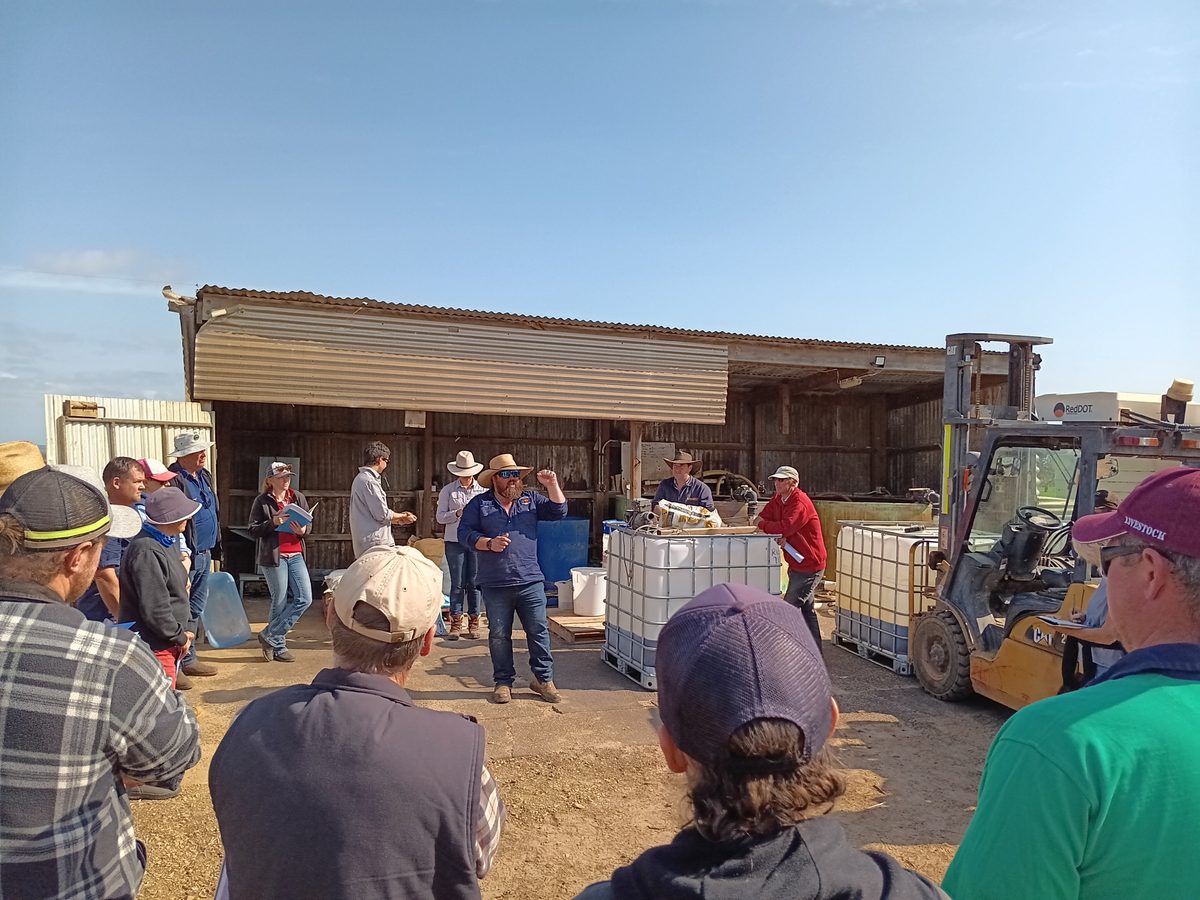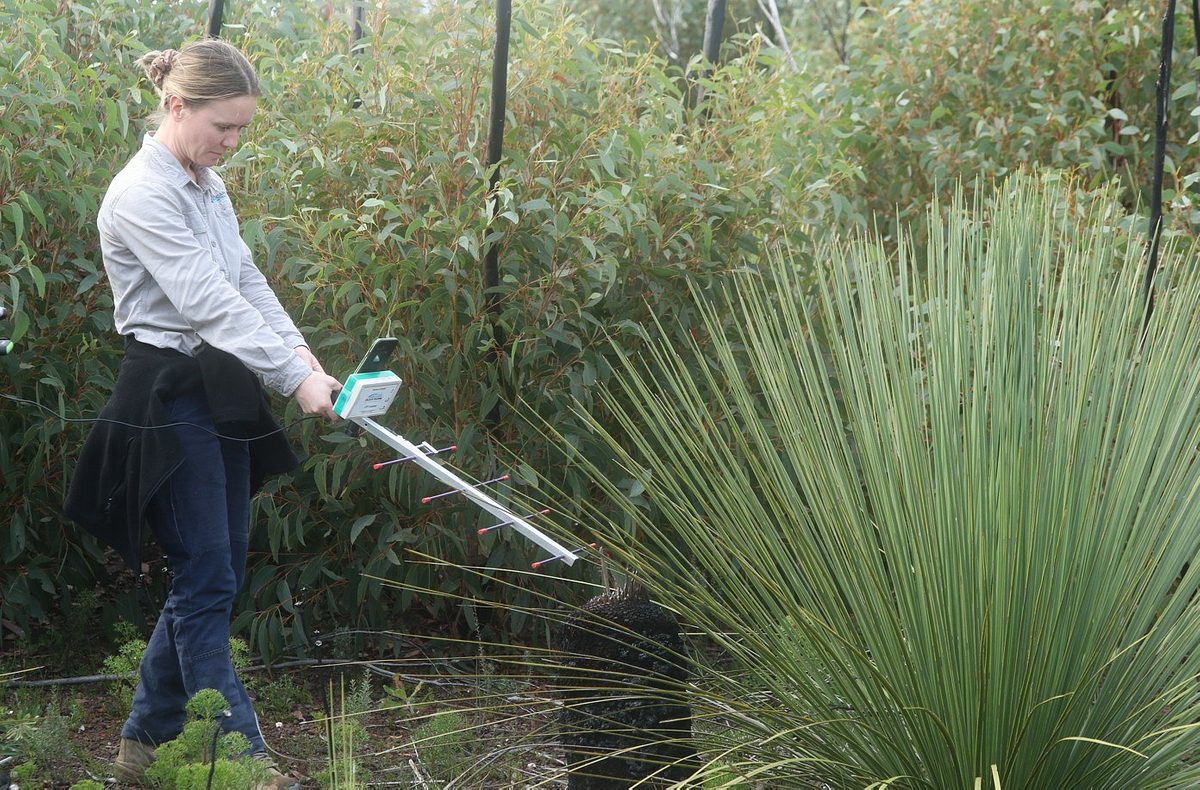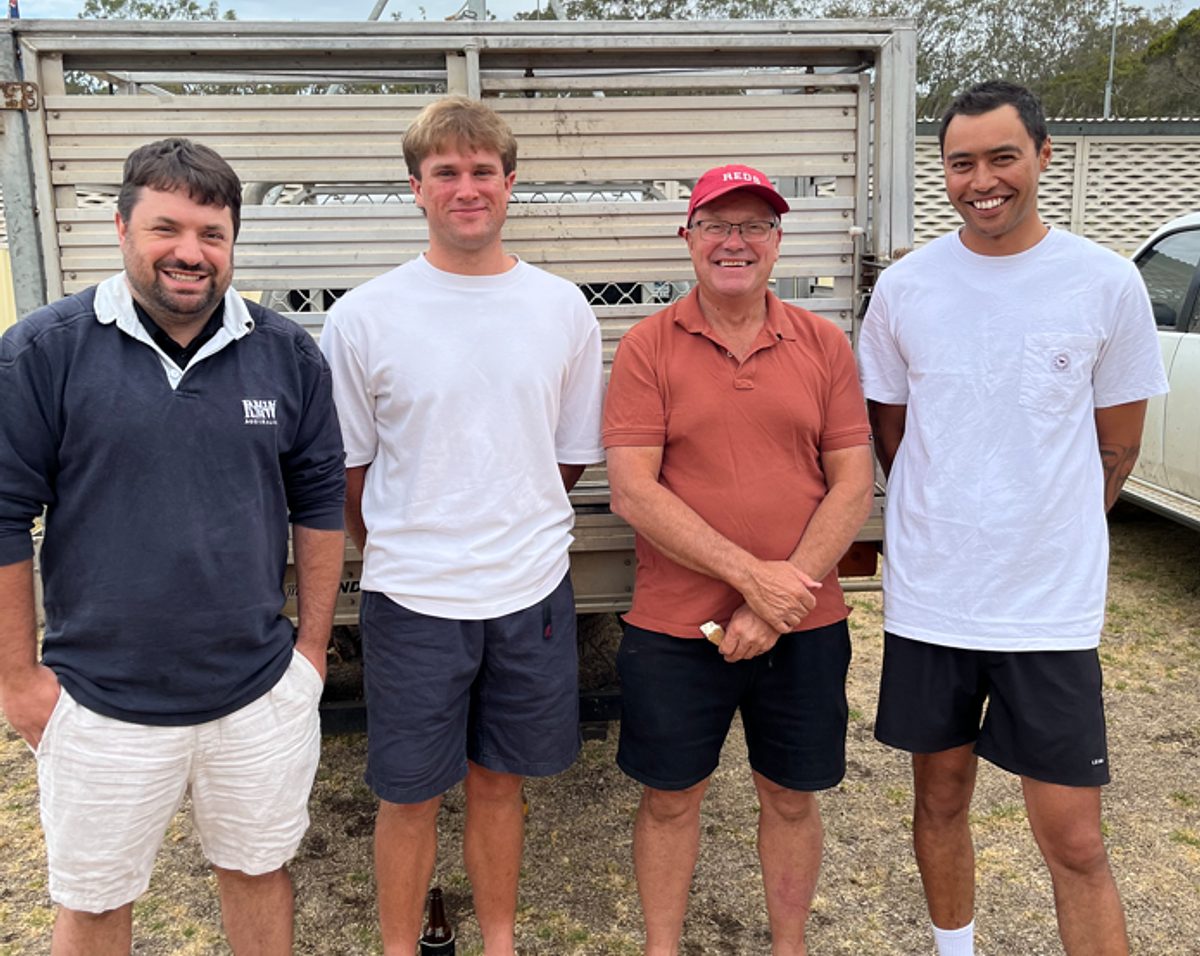Community asked to report Little Corellas roosting sites on Kangaroo Island
In response to community concerns and ongoing discussions with the community and the Kangaroo Island Council, the KI Landscape Board (KILB) is trialling a targeted program to control the Little Corella population on the island.
Kangaroo Island Mayor Michael Pengilly said the Council and Landscape Board are seeking information from the community regarding the roosting sites of the birds.
"Little Corellas have been an issue on Kangaroo Island and across South Australia for decades," Mayor Pengilly said.
"Little Corellas are an over abundant native species," he said.
“Large little Corella flocks damage property and community infrastructure and can present public health risks.”
Michael Pengilly said from late summer to early winter, roaming flocks of juvenile birds join up with adult birds and focus on prime feeding and roosting sites.
"When this happens, temporary flocks of thousands of birds gather and descend on a few localised sites," Mayor Pengilly said.
"Large flocks of Little Corellas negatively impact community wellbeing and cause distress for community members, particularly when large numbers amass in Kangaroo Island's townships," Mr Pengilly said.
"Little Corellas have extremely powerful bills and can cause damage to orchards, vineyards, cereal and pasture crops," Mr Pengilly said.
"They can cause damage to ovals, bowling greens and golf greens from digging and damage to wooden structures, tarpaulins, vehicles, and electrical wiring from chewing," he said.
Little Corellas are a native bird species but are not 'protected' in South Australia under Schedule 10 of the National Parks and Wildlife Act 1972 (NPW Act), Little Corellas are listed as an unprotected species.
The KILB Little Corella pilot control program aims to assess the impact of targeted shooting and to gather more data about roosting sites.
Kangaroo Island Landscape Board General Manager Will Durack said a KILB feral animal control officer with extensive experience through previous feral goat, deer and pig eradication programs is leading this work.
"The targeted shooting pilot will begin early in the season as scout birds come in," Mr Durack said.
"Pending an evidence-based assessment of the impact and effectiveness of the pilot shooting program and available funds, a decision will be made about whether to continue the program," he said.
"We are asking the community to report Little Corella roosting sites to improve the program's effectiveness," Mr Durack said.
Michael Pengilly said property owners experiencing detrimental impacts caused by Little Corellas could use various non-lethal methods to deter the birds.
"These include loud, sharp noises where appropriate or rotating flashing lights and high-powered torches between sunset and sunrise. Physical barriers such as bird netting or visual deterrents can also protect property," Mr Pengilly said.
"Landowners do not need a permit to destroy animals listed as unprotected. However, the destruction of any animal must abide by the Animal Welfare Act 1985 and be consistent with relevant codes of practice," he said.
The Department for Environment and Water has prepared a guideline for the code of practice for the humane destruction of birds by shooting or trapping, available on their website: www.environment.sa.gov.au. It is a legal requirement that all Little Corella management activities comply with this code.
Landowners and shooters acting on behalf of the landowners must hold a valid and current firearms license, and police approval is required to discharge firearms in a built-up area.
Rural property owners must comply with requirements and regulations set by the Environmental Protection Authority (EPA) and the Country Fire Service (CFS) when using gas guns to deter these birds from their property.
"Community wellbeing can be affected by Little Corella flocks, which create a significant noise nuisance from their loud screeching and by fouling pathways, public grounds, and private properties," Mr Pengilly said.
"The sometimes chronic and intractable nature of Little Corella impacts can sometimes affect people's mental wellbeing," he said.
"If you feel your mental health is being affected by Little Corellas, please speak to your general practitioner or consult the services available on the SA Health Mental Health Services website."
To report Little Corella roosting sites, please call the Kangaroo Island Landscape Board on 8553 2476 or the Kangaroo Island Council on 8553 4500.
Relevant documents and community information about Little Corella management in South Australia:
- Department for Environment and Heritage - Little Corella (Cacatua sanguinea) Resource document.
- Department for Environment: Information on legal obligations related to Little Corella management
- Department for Environment:Codes of practice for the humane destruction of wildlife
- Department for Environment website: Living with wildlife
- Alexandrina Council - Little Corella Management – Community Information Booklet




